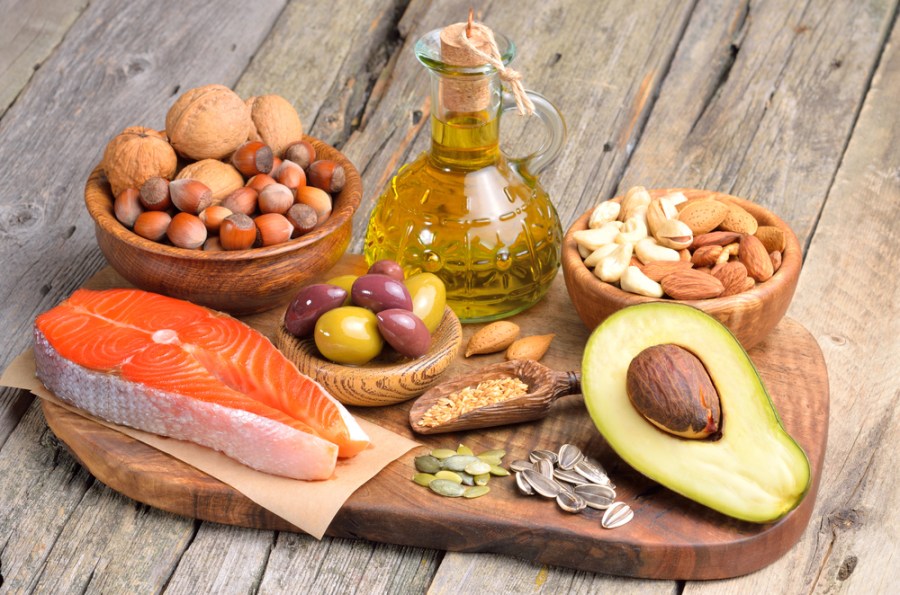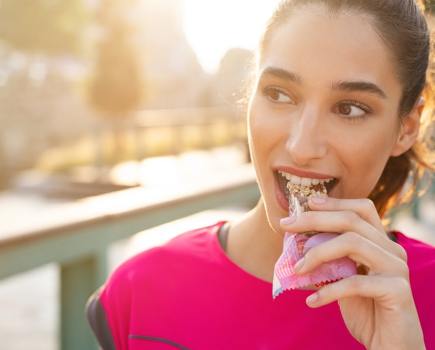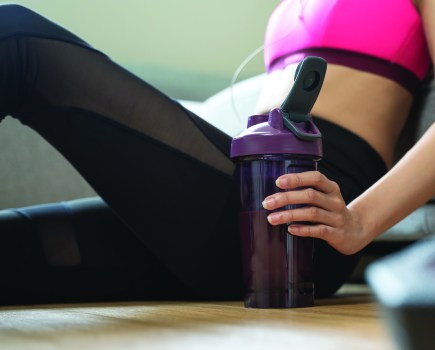Change your diet to burn more fat and get the lean body you’ve always dreamed of without following complex diets. These no-nonsense tips will help…
1. Stay Wholesome
Nothing will hamper your progress more than overindulging in processed foods. Regularly eating the refined carbs and sugars that form the basis of most processed snacks, baked goods and fast foods will sap your energy levels and cause fat-storing blood sugar spikes, making it far harder to lose weight or perform at an optimum level. Swap processed foods for more naturally indulgent wholefood alternatives. For example, trade crisps for nuts, chocolate spread for peanut butter and breakfast cereal for porridge oats, all of which have additional nutritional benefits.
2. Pick Protein
Protein plays a crucial role in building muscle, but it’s easy to underestimate just how much you need to maximise its benefits. Research into the metabolic demands for protein varies greatly, with studies suggesting anything from 0.8g per kg of body weight to over 2g as a daily guideline.
If you want to keep things simple, aim to eat a 20-25g serving of protein – good sources of which include meat, fish, dairy and eggs – with every meal including breakfast. But if you’re struggling to achieve that, adding an extra post-workout serving on training days can be a good way to help meet your daily protein goal.
3. Veg Out
All fruits and veg contain health-enhancing nutrients. But while the five-a-day mantra is good at encouraging people to eat more fresh produce in general, if you want to get the most out of your training and support your fat-burning and muscle-building efforts, you need to be a lot more specific about your intake.
For a start, try to have as much veg as possible while cutting back on fruit. Some fruits are very high in fructose, a type of sugar that plays havoc with blood sugar levels, making you far more likely to store fat. Vegetables, on the other hand, contain no fructose but are just as nutrient-dense.
4. Focus on Good Fats
‘Eating fatty foods makes you fat’ may sound like a logical assumption, but it’s a bit more complicated than that. It is true that at nine calories per gram, fat is more calorific than carbohydrate or protein – which contain four each – but the reality is that certain fats are a crucial part of your diet.
The mono- and polyunsaturated fats that occur naturally in foods such as oily fish, nuts, seeds, olives and coconut oil, for example, play key roles in boosting metabolism, improving hormone synthesis and increasing ‘good’ HDL cholesterol.
Don’t be fooled by ‘low-fat’ options either. Most have been highly processed to remove the fat and tend to be packed with salt and sugar to enhance their flavour.
5. Don’t cut out all carbs
Drastically cutting carbs is likely to leave you feeling tired and unable to perform at your best. Too much in your diet and your body will dump the excess as fat making it harder to shift that weight. If you’re looking to lose some weight reduce your intake to 1-2 portions a day only and focus on including these before and after training. For the rest of the day base your meals around half a plate of vegetables plus a little starchy veg like butternut squash, sweet potato and plenty of protein.







